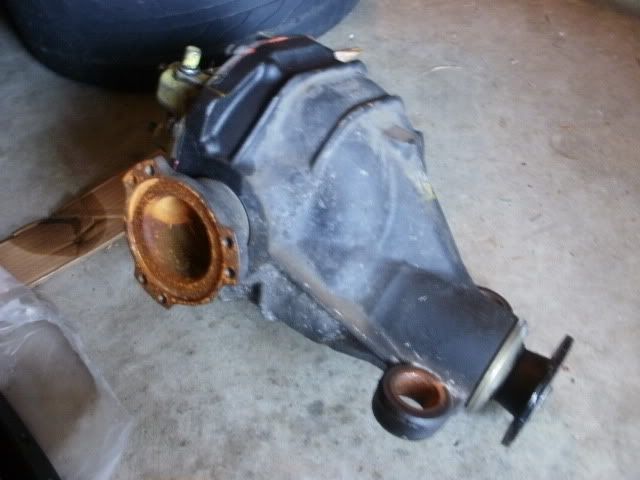Aftermarket Body Parts
The next time you spit, spare a thought for those who can’t. Simon Tran
of the Faculty of Dentistry has spent years thinking about how to help
thousands of people suffering from severe dry mouth, loss of taste or
mouth ulcers. There are several possible reasons behind these conditions
(the most common are head and neck cancer, and their attendant
radiation treatments, and the autoimmune disease Sjogren’s syndrome) and
one common reality: There is no effective treatment. Tran is
researching how to fix salivary glands with a two-pronged approach — by
using bone marrow stem cells, and by bio-engineering new salivary
glands. In the first approach, Tran has tested bone marrow cells for
their ability to restore saliva flow in mouse models. He has also
confirmed that human stem cells can repopulate salivary glands in
leukemia patients
The mechanism, however, remains unclear. When bones become fractured
or diseased, a graft may be in order. Surgeons often use “autograft”
bone from a patient’s own hips or ribs in the hope that the transplanted
bone will reform and heal properly. But this procedure isn’t a panacea.
The amount of bone that can be harvested is limited and numerous
complications can arise; when bone from cadavers is used, it carries the
risk of generating an immune response.“The next step is to understand how the bone marrow stem cells provide this therapeutic effect of restoring saliva flow,” says Tran, who successfully cultured functional human salivary cells in 2005. Meanwhile, he and colleagues have built a prototype artificial salivary gland, and have managed to coat it with human salivary cells. Formed from a biodegradable substrate, the device is like a tube containing salivary cells, and would rest in a surgically created pouch in the mouth. They are now undergoing the tricky business of testing how well the seeded cells move water — a crucial step in saliva production.








No comments:
Post a Comment